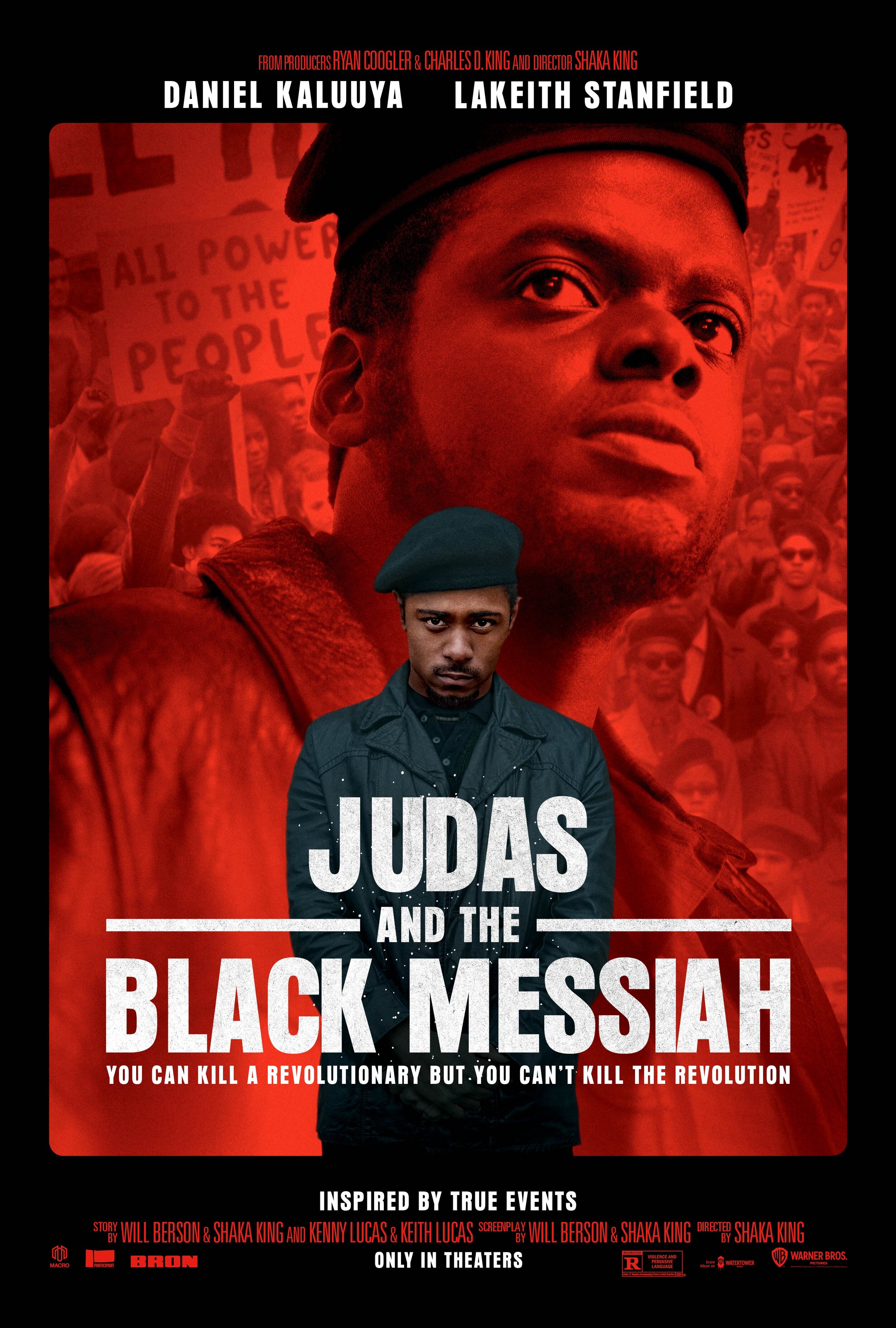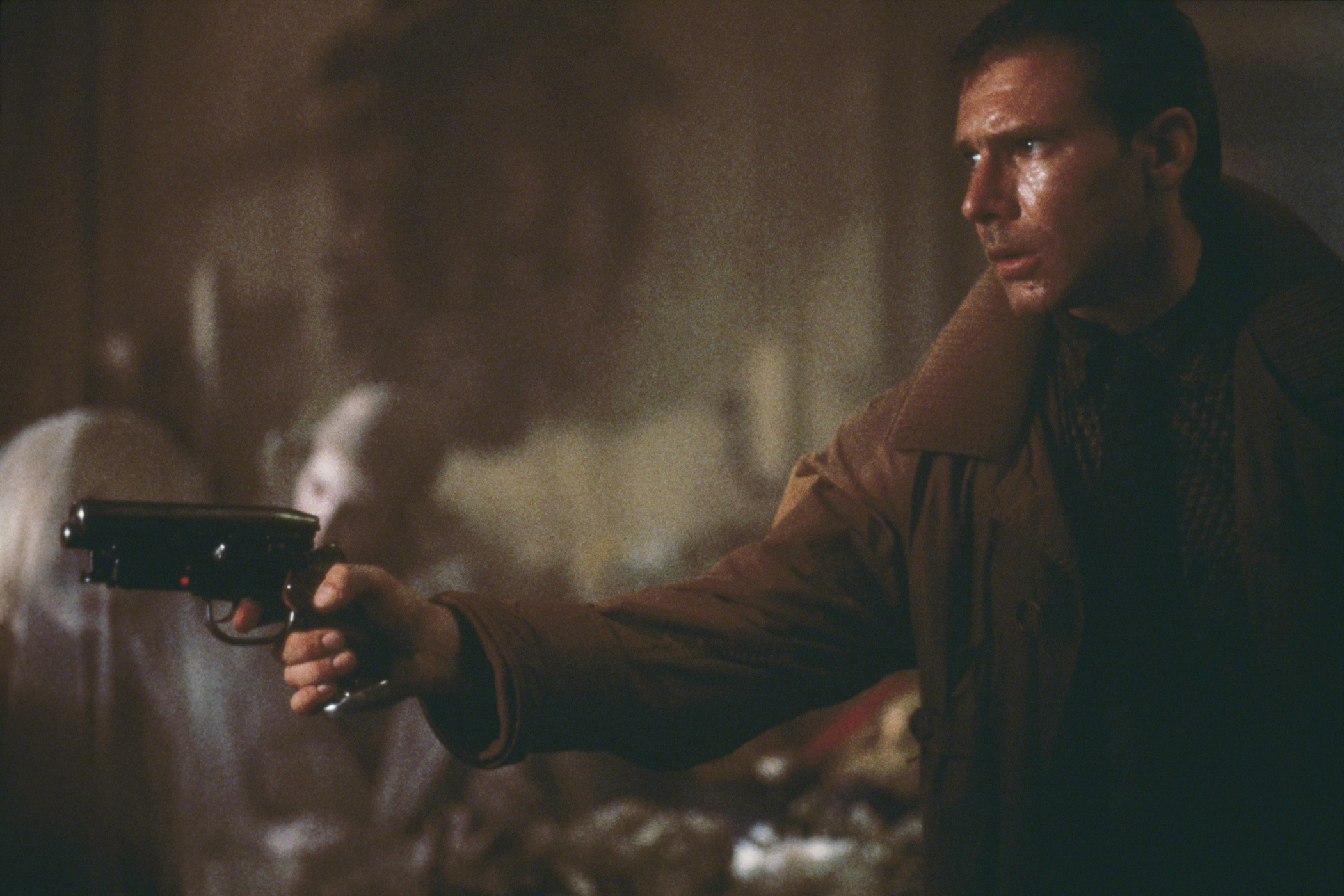Post by SnoBorderZero on Feb 13, 2021 20:15:40 GMT -5

There's been a lot of discussion surrounding Warner Bros.' decision to release their lineup of films directly to HBO Max for 2021, and my own opinion on it hasn't really changed much. It makes sense for them to do it with their smaller films, like last month's The Little Things, but less sense for a big blockbuster like December's near-universally panned Wonder Woman 1984. This is a temporary (or perhaps staying) business model that's akin to an "everything must go" warehouse sale where Warner Bros. is weary of seeing its finished films sitting around and not making them any movie of any kind and parting with it at a discount instead of playing the waiting game, which Disney mostly has in regards to its big movies. When it comes to consumers, the response has been pretty clear that people love this because they don't have to go to the theater, can view a film safely in the confines of their living room, and likely will watch a movie they could have skipped if seeing it in a theater was their only option. When it comes to a film like Judas and the Black Messiah, I again have mixed feelings on the release because this is the first of the Warner Bros./HBO Max films to be released that I actually cared about seeing. I would've have absolutely seen this film in theaters opening weekend, but then again I understand that this is a movie that probably would do good but nothing crazy in terms of box office numbers and drubbing up mainstream appeal in a period piece about the Black Panther Party is a fever dream. So as a result of this new release plan, far more people will be viewing Judas and the Black Messiah than if it had come out in theaters. No argument there, and in the end the more exposure a film like this garners the better. It is, after all, a film on pretty much every shortlist for major awards contention, adding to the impressive lineup of African-American films and filmmakers that comprise the best of 2020. But Judas and the Black Messiah also sets itself apart from the competition by being tackling the sort of relevant social injustice issues you'd expect but doing so with the electrifying tone of a paranoid thriller. It fits in wonderfully with the best of 1960s and 1970s; a film that just isn't made anymore and is great evidence of what a shame that is. Judas and the Black Messiah is a very strong film, and no matter how one feels about the Warner Bros./HBO Max decision, there's no denying that Judas and the Black Messiah will now be getting the audience it deserves because of it.
Judas and the Black Messiah takes place in the late 1960s, namely 1969, after the assassinations of Martin Luther King, Jr. and Malcolm X and the Black Panther Party pushing itself to the front of being the dominant voice of the counterculture, anti-police movement. In charge of the Chicago chapter for the Party is Fred Hampton (Daniel Kaluuya), who's the embodiment of what the movement needs: young, charismatic, and has a gift for reaching out and impacting people of all different types of color, age, and struggle. Naturally, Hampton has become a target under the watchful eye of the FBI, including direct involvement from director J. Edgar Hoover (Martin Sheen). To keep that eye on Hampton, FBI agent Roy Mitchell (Jesse Plemons) is able to turn a beleaguered car thief and FBI impersonator, one Bill O'Neal (LaKeith Stanfield), into an informant. What unfolds is a story of betrayal and deception, not only in the face of greed and self-fulfillment by O'Neal but also his direct role in dismantling his very identity and future in order to reclaim his past. As O'Neal becomes further involved in the movement he begins to truly believe in it and Hampton, only making his impending betrayal all the more consuming and wicked. Though you know how the story will play itself out, director Shaka King is still able to elicit incredible tension out of every scene, largely thanks to O'Neal's transformation from obligatory rat to prominent player in the Party and the guilt that overwhelms him as a result.
Judas and the Black Messiah is one of those films where you instantly know you're in great hands the moment it begins. Everyone involved is pitch perfect, from the rich palette in the cinematography to the bravura performances by the ensemble. But of course what makes this film hinges on the performances of its leads, and Kaluuya and Stanfield more than meet that challenge. Kaluuya is a sensational actor with incredible depth and range in his roles. We've seen him as the likable protagonist in a horrible situation in Get Out and also as the wicked monster in Widows who plays every scene with bristling intensity. People are in for a treat with his portrayal of Hampton here, as Kaluuya masterfully finds a balancing act of both that's the best of his young career. On stage, behind the microphone, Hampton is fiery, rhythmic in his political rhetoric, and is just someone you want to be a part of. He draws people in, not with manipulation, but the vigorous belief in what he's fighting for, and there are several direct allusions to Hampton ready to die for his cause in order to help the people just like Jesus Christ. And yet when off stage, Hampton is empathetic, soft-spoken, even a bit shy when making the move on his eventual wife, Deborah (Dominique Fishback). Kaluuya isn't just up there delivering fiery sermons but is portraying Hampton for the entire person he was. Not just a Party member but a person who truly wants to make the world a fair and better place.
Opposing him, albeit behind his back, is Stanfield's O'Neal, whose performance is what really makes the suspenseful plot sizzle. O'Neal is arrogant, self-absorbed, aimless, making him the polar opposite of Hampton and thus the perfect foil. Stanfield, like Kaluuya, has impressed in everything I've seen him in but arguably does the best work of his career here. Multiple scenes of O'Neal on the cusp of being snuffed out, on the verge of a confessional breakdown and beg for mercy, gets away by the skin of his teeth, and his manic, furtive expression turns into a giddy smile knowing he's outsmarted them once again. Perhaps the most telling element here is that it's not like Hampton mistreats or disrespects O'Neal, which is what leads O'Neal to continue in his betrayal as we see in some plot lines. Hampton actually has quite a bit of faith in O'Neal, employing him as one of his right hand men and entrusting him with his life. And that's what makes O'Neal's betrayal all the worse; there is no reasoning, no justifying his actions. And he knows this. He not only knows that he's in too deep, but that in the end the fight for a revolution takes second place to saving his skin. It eats away at him, and this exploration of the rat that we don't often see in cinema is what elevates Judas and the Black Messiah to be more than just a historical anecdote. This is the rare cinematic experience that's a throwback to a bygone genre while offering a distinctly new experience all the same. Judas and the Black Messiah is the first movie worth seeing in 2021, and very likely will be among the best at the year's end.
8/10




